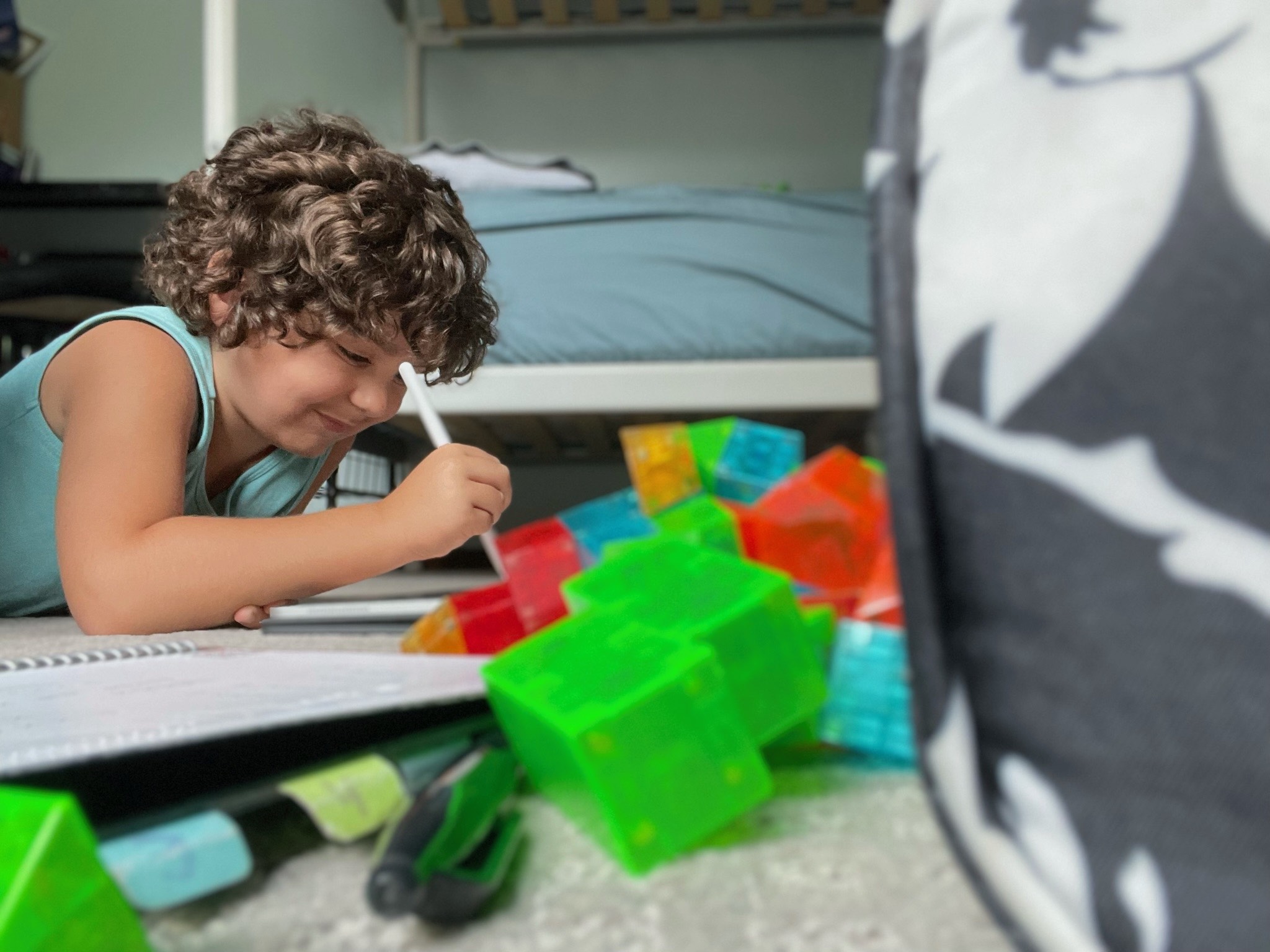Introduction:
In the realm of education, various methodologies have emerged over the years, each claiming to provide the best learning experience for children. Two such popular approaches are project-based learning (PBL) and Montessori. While both methods emphasize active engagement and hands-on learning, there are significant differences between them. This article aims to explore why project-based learning is a more effective and comprehensive approach when compared to the Montessori method.
1. Authentic Learning Experiences:
One of the primary advantages of project-based learning is that it offers authentic learning experiences. PBL encourages students to tackle real-world problems and challenges, allowing them to apply critical thinking, problem-solving, and decision-making skills. By engaging in meaningful projects, students develop a deep understanding of concepts and their practical application, preparing them for future endeavors.
In contrast, Montessori primarily focuses on individual exploration and self-directed learning within a controlled environment. While this can foster independence and concentration, it may lack the breadth and depth of real-world experiences provided by project-based learning.
2. Collaboration and Communication Skills:
Project-based learning promotes collaboration and communication skills, which are crucial for success in the modern world. Through group projects, students learn how to work effectively in teams, delegate tasks, and communicate their ideas clearly. These collaborative experiences encourage empathy, understanding, and the ability to appreciate diverse perspectives.
Montessori, on the other hand, typically emphasizes individual work and self-paced learning. While this allows children to develop independence, it may not provide as many opportunities for developing collaboration and communication skills, which are essential in today’s interconnected society.
3. Problem-Solving and Critical Thinking:
Project-based learning nurtures problem-solving and critical thinking skills by presenting students with complex challenges to solve. PBL encourages students to think creatively, analyze information, and devise innovative solutions. This approach stimulates curiosity, fosters intellectual growth, and equips students with the skills necessary to navigate an ever-changing world.
While Montessori education encourages independent thinking, it may not consistently provide the same level of structured problem-solving opportunities that project-based learning offers. PBL provides a framework for students to apply their knowledge and skills to address multifaceted problems, ensuring a more holistic development of critical thinking abilities.
4. Flexibility and Personalized Learning:
Project-based learning allows for flexibility and personalized learning experiences. Students can choose projects aligned with their interests and strengths, enabling them to take ownership of their education. This autonomy fosters a sense of responsibility and motivation, as students are actively invested in their projects.
Montessori education also values individuality and self-directed learning. However, it is structured around a predefined curriculum and specific learning materials, limiting the scope for personalized projects based on students’ interests and passions. PBL provides a broader range of options for customization and tailoring of learning experiences.
Conclusion:
While both project-based learning and Montessori have their merits, project-based learning emerges as a more effective approach due to its emphasis on authentic learning experiences, collaboration and communication skills, problem-solving and critical thinking abilities, as well as flexibility and personalized learning opportunities. PBL prepares students to navigate the complexities of the modern world, equipping them with the skills and mindset needed for success in the 21st century. As education continues to evolve, project-based learning offers a promising path forward in providing a comprehensive and impactful educational experience for learners.
